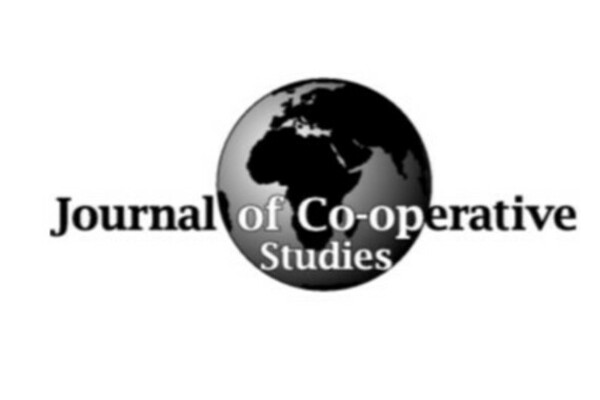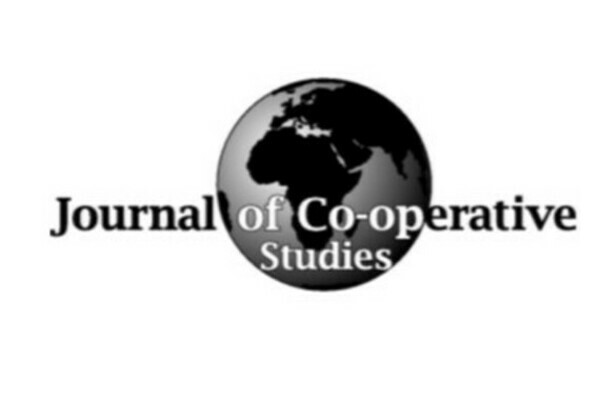Journal of Co-operative Studies, 35(2) - No. 105
This special issue brings together papers presented and plenary session contributions from a UK conference on co-operative learning and responsible citizenship, organised by the UK Co-operative College and the International Association for the Study of Co-operation in Education (IASCE). The conference brought together particpants from over 20 countries and the papers provide an insight into some of the themes presented. Mervyn Wilson, Chief executive and principal of the Co-operative College provides an introduction to the papers.
Short papers - plenary contibutions and presentations
Education as the life-blood of co-operation
Lynda Baloche, pp. 75-79
Co-operative learning, citizenship and current adult learning policies
Cheryl Turner, pp. 80-85
Encouraging associative intelligence: Co-operatives, shared learning, and responsible citizenship
Ian MacPherson, pp. 86-98
Co-operative learning and the equitable classroom in a multicultural society
Elizabeth G. Cohen, pp. 99-108
Stephen Yeo, pp. 109-127
Peer reviewed papers
A values perspective of the Irish credit union movement
Olive McCarthy, pp. 128-140










